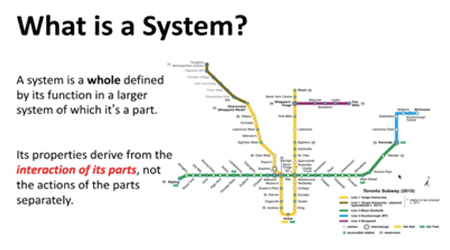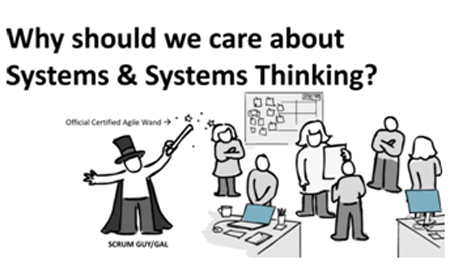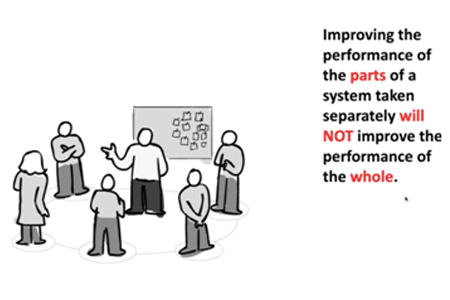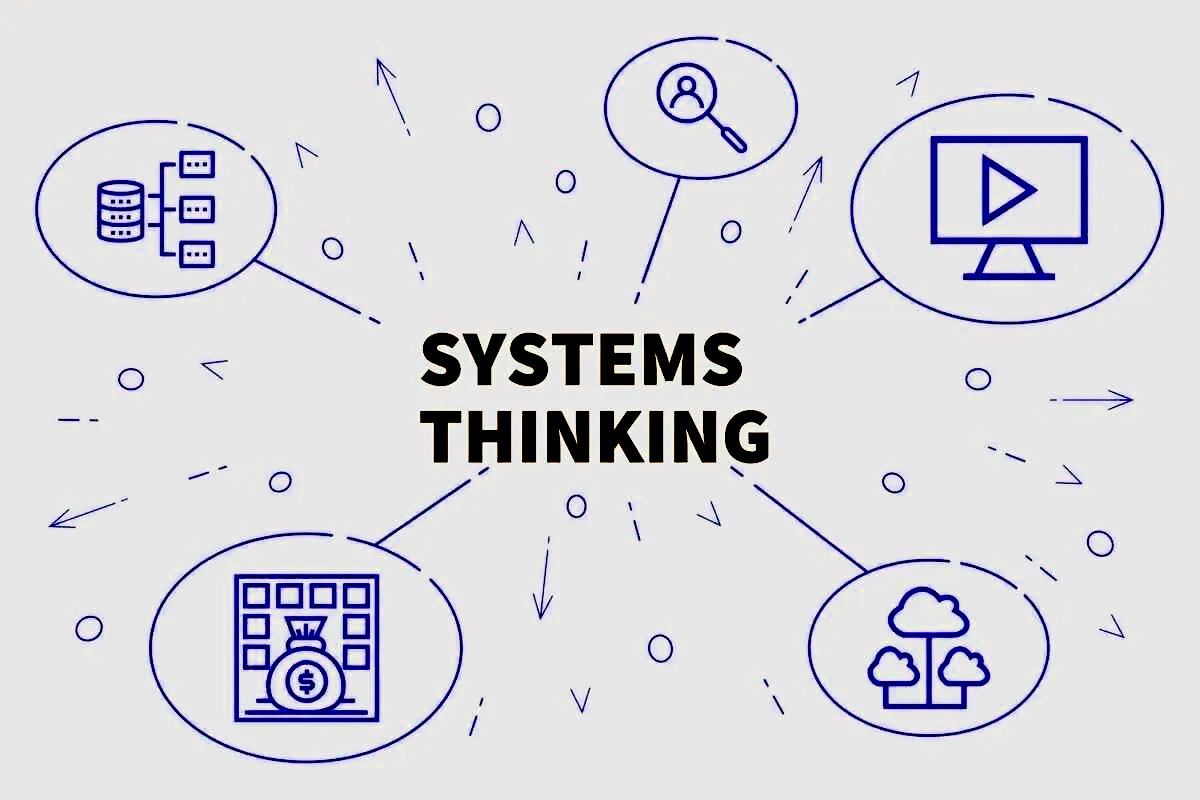Before we get into System Thinking, let’s talk about problem-solving Views.
Open-loop thinking
Identify the problem -> Gather Data -> Evaluate Alternatives -> Select Solution -> Implement
Event Oriented
Goal/Event -> Problem -> Decision -> Result
The above two usually people will use in order to make quick decisions. Quite often, these decisions may solve the problem in a short term, but the problem might bounce back later point in time.
Why this happens?
- Short Term Focus (decisions made)
- Limited Information
- Delays
- Feedback (Delayed)
- Unintended / Unanticipated consequences
- Policy Resistance

What is Systems Thinking
Give a man fish -> you feed him one day
Is this Adequate???
Teach a man to fish -> You feed him for lifetime
What is required? We need to understand the complete system. For Example, if we want to get in to sea for fishing? What are the parameters you have to consider?
Technical Skills
- Rowing
- Finding fishing grounds/Time
Market
- Selling Price
- Demand Boost/Bust
- Export/Import options
Competition
- Other fishermen
- Big Business
- Preventing Access
Environment
- Climate
- Fish Breeding
Political
- Policies
Social
- Who/When can fish
- Culture


Attributes of systems thinking
- Optimizing a component does not optimize the system
- For the system to behave well as a system, a higher-level understanding of behaviour and architecture is required
- The value of a system passes through its interconnections





